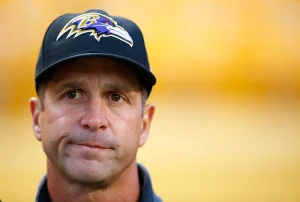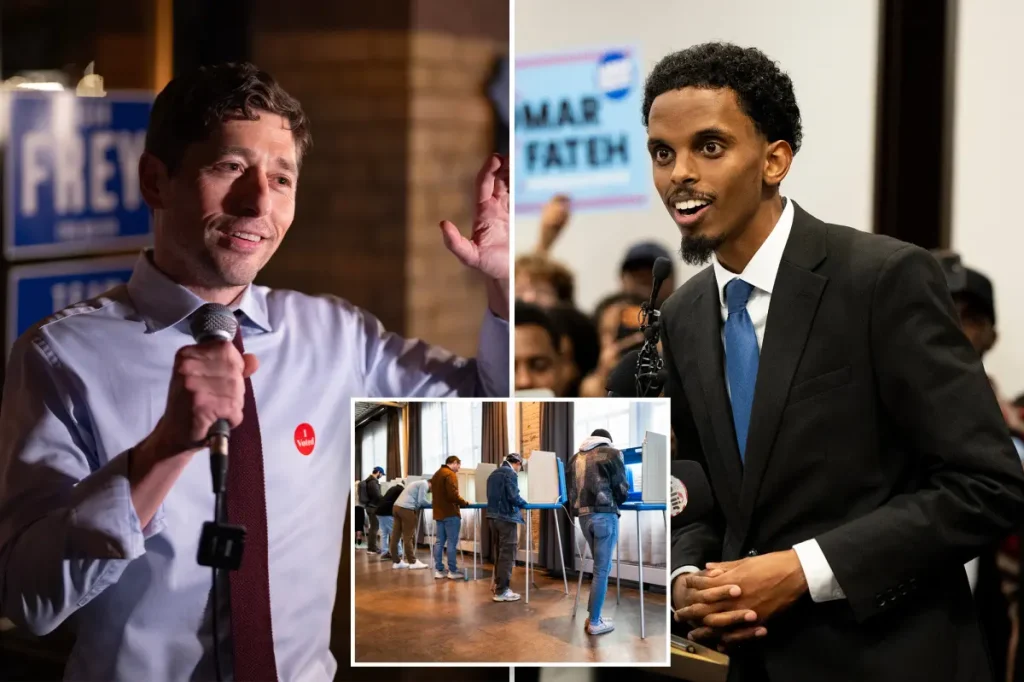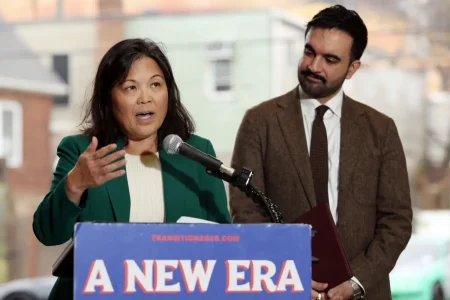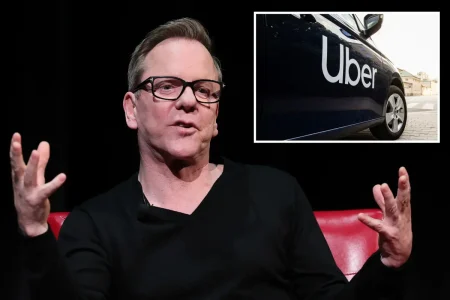Minneapolis Mayoral Race Heads to Ranked Choice Voting
In a closely watched electoral contest that reflects the changing political landscape of Minneapolis, Tuesday’s mayoral race has advanced to ranked choice voting after no candidate secured the required 50% threshold for an outright victory. As reported by The Associated Press, incumbent Mayor Jacob Frey and challenger Omar Fateh emerged as the top contenders based on first-choice results. This outcome continues a recent pattern in Minneapolis politics, where every mayoral race since 2013 has required at least a second round of ranked-choice tabulation to determine a winner.
The race has drawn significant attention both locally and nationally, with Fateh’s progressive campaign creating particular interest. The 35-year-old son of Somali immigrants made history in 2020 as the first Somali-American elected to the Minnesota state Senate and has positioned himself as a transformative alternative to Mayor Frey. Fateh’s campaign gained momentum through his criticism of Frey’s moderate approach, arguing that Minneapolis needs bolder leadership to “meet the needs of our changing society.” His candidacy has drawn comparisons to progressive campaigns in other major cities, with The Minnesota Star Tribune dubbing him the “Mamdani of Minneapolis,” referencing Zohran Mamdani’s mayoral campaign in New York City.
Fateh’s campaign experienced both triumph and controversy this summer when he initially secured the endorsement of Minnesota’s Democratic-Farmer-Labor party—the first such mayoral endorsement in 16 years—only to have it rescinded a month later due to procedural concerns. DFL Chairman Richard Carlbom cited “substantial failures in the Minneapolis Convention’s voting process” including the erroneous elimination of a mayoral candidate from contention. Despite this setback, Fateh maintained significant support from progressive organizations and leaders, including the Twin Cities chapter of the Democratic Socialists of America and Congresswoman Ilhan Omar, who represents Minneapolis in the U.S. House of Representatives. In a strategic move to consolidate opposition against Mayor Frey, Fateh encouraged his supporters to rank pastor DeWayne Davis and attorney Jazz Hampton as their second and third choices on the ranked ballot.
The Minneapolis electoral system allows voters to rank up to three candidates in municipal races, with Tuesday’s ballot featuring 15 mayoral candidates in what are officially nonpartisan contests. Under this system, if no candidate receives a majority of first-choice votes, the candidate with the fewest votes is eliminated after each round, and those ballots are redistributed to voters’ next-ranked choices. This process continues until one candidate secures a majority. Frey has experience with this system, having unseated an incumbent in 2017 after six rounds of tabulation and winning re-election in 2021 after two rounds. As the counting process unfolds in the coming days, residents of Minneapolis await the final result that will determine the leadership of their city.
Minneapolis has experienced profound challenges in recent years that have thrust the city into the national spotlight. The 2020 murder of George Floyd by a police officer sparked nationwide protests against police brutality and systemic racism, fundamentally altering the conversation around public safety and policing. This tragedy occurred during Frey’s first term and significantly shaped the political discourse during his 2021 re-election campaign. More recently, the city was devastated by a mass shooting at Annunciation Catholic Church in August 2023, where two children were killed and 17 others injured during a back-to-school Mass before the shooter committed suicide. These traumatic events have heightened the stakes of the mayoral race, with candidates offering contrasting visions for healing and moving the city forward.
The current mayoral contest reflects broader political divisions, with Frey receiving endorsements from established Democratic leaders including Governor Tim Walz (who was Kamala Harris’s running mate in the 2024 presidential election) and Senator Amy Klobuchar. Meanwhile, Fateh has positioned himself as part of a new progressive wave seeking to challenge the status quo. As Minneapolis residents await the final outcome of the ranked choice tabulation, the result will not only determine the city’s leadership but potentially signal larger trends in urban progressive politics across America. The coming days will reveal whether voters have chosen to continue with Mayor Frey’s more moderate approach or embrace Fateh’s vision for more fundamental change in a city that continues to navigate significant challenges and opportunities.










